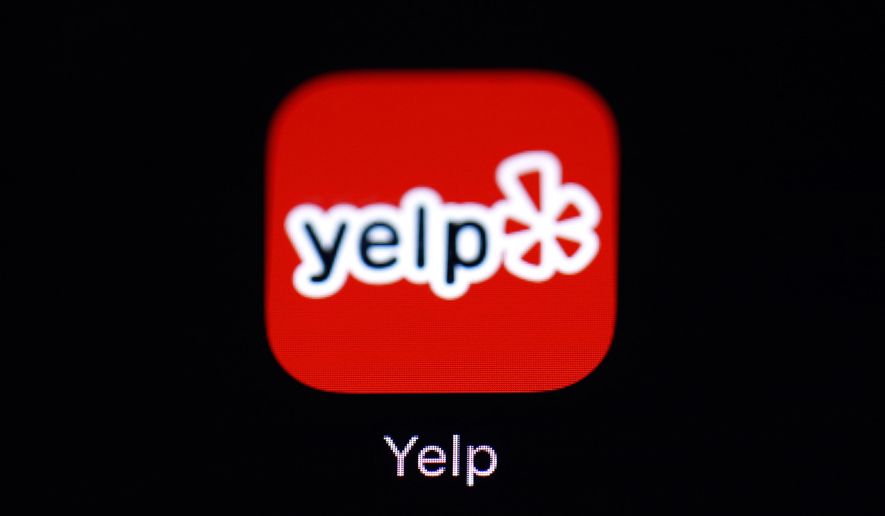OPINION:
Yelp, the online review service, earlier this month took steps to combat racism on its site.
According to a statement by the company, pages that receive an “unusual spike in activity” will — as before — be subject to an increased level of scrutiny. But now, if an “incident involving racism” occurs the company will take steps that will include adding a “Public Attention Alert” to a business’s page.
If warranted, a special “Business Accused of Racist Behavior Alert” will be added “when there’s resounding evidence of egregious, racist actions from a business owner or employee such as using overtly racist slurs or symbols.” Management promises that such actions will be taken only when there’s a “news article” from a “credible media outlet” that backs up the case.
So now Yelp is now determining what’s considered racist. Good luck.
You can’t blame the good people at Yelp for doing this. The company — like so many other brands — is trying to step up its support of diverse communities and particularly Black-owned businesses in the wake of this summer’s protests. Yelp says in its statement that so far this year there’s been a 133 percent increase in the number of “media-fueled incidences” on their platform compared to last year and that they’ve already placed more than 450 such alerts on pages of businesses that fall under their definition of racist behavior.
When a company like Yelp does something like this it has an enormous impact on small businesses around the country. According to website analytics firm Alexa, Yelp is one of the top 100 most visited websites in the U.S. and the company says it has generated more than 214 million unique reviews since its inception in 2004. Yelp is important to the more than five million small businesses in the U.S who receive these reviews and a whopping 97 percent of customers say that they buy from businesses they visit on the platform. So getting tagged as “racist” could have a potentially devastating impact.
Yelp, by the way, isn’t the only social media site grappling with freedom of speech issues like this. Reddit, YouTube and Twitch have all taken steps to limit hate speech and harassment on their platforms. Facebook has tens of thousands of hired hands monitoring its site for hate speech and has most recently gone after Holocaust deniers and supporters of the alleged conspiracy group QAnon. Twitter is limiting the re-tweeting of political messages running up to the election.
The restrictions are piling up and the big question is: Should small business owners trust the overseers at these social media sites to make those determinations which can significantly affect your business? Should it be up to the moderators at Yelp to determine if a business is “racist” or not? And because the company makes it a point to say that they base their decisions on reports from “credible media” should we — in this day and age — trust the media reports? Is this a violation of a small business owner’s first amendment rights?
It may be. But here’s the bad news: It doesn’t make a difference.
It doesn’t matter because it’s their platform and if a small business owner wants to do business on their platform then they’re going to have to play by their rules. Television networks and radio stations, since their inception in the early 20th century, have had their rules too. The Federal Communications Commission has its rules. The rules limit what people can say and do on these mediums.
The fact is that business owners can still exercise our freedom of speech. We can still go ahead and say and do what we want (as long as it’s legal). Some can be racist. Others can deny the Holocaust. Or be anti-gay. Or support QAnon. That’s their business. But if a small business owner says and does those things he or she shouldn’t expect to do business on these platforms. And if these platforms are important for their company’s sustainability — as it is for so many — then many small business owners will want to adjust their behavior.
But hey, they’ve got a choice. Hopefully they’ll choose wisely.
• Gene Marks is a CPA and owner of The Marks Group, a technology and financial management consulting firm that specializes in small- and medium-sized companies.




Please read our comment policy before commenting.